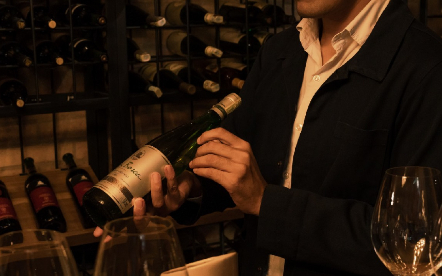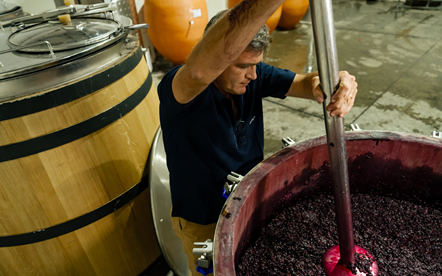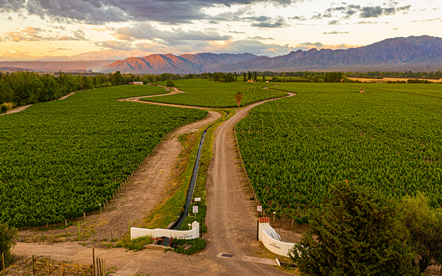
Concrete actions: how does Luigi Bosca work to reduce its carbon footprint? How can we reduce our carbon footprint?
Sustainability has been part of Luigi Bosca’s philosophy since its origin, over 120 years ago. Today, the information, technology and tools available help us achieve an increasingly ecological winemaking activity. In the light of this situation, one of our main concerns is the carbon footprint reduction, but what does this mean?
The carbon footprint is an environmental indicator used to estimate the total amount of greenhouse gases, mainly carbon dioxide (CO2), released into the atmosphere as a result of human activities or the production of goods and services. Therefore, this instrument represents the environmental impact of an activity, product, company or even an individual in terms of its contribution to global warming and climate change.
Just like water, energy is a fundamental natural resource for the work conducted at wineries. However, more than 60% of the electricity generated in Argentina today is produced by burning fossil fuels. So, by using energy indirectly, we are burning a non-renewable resource and generating greenhouse gases.
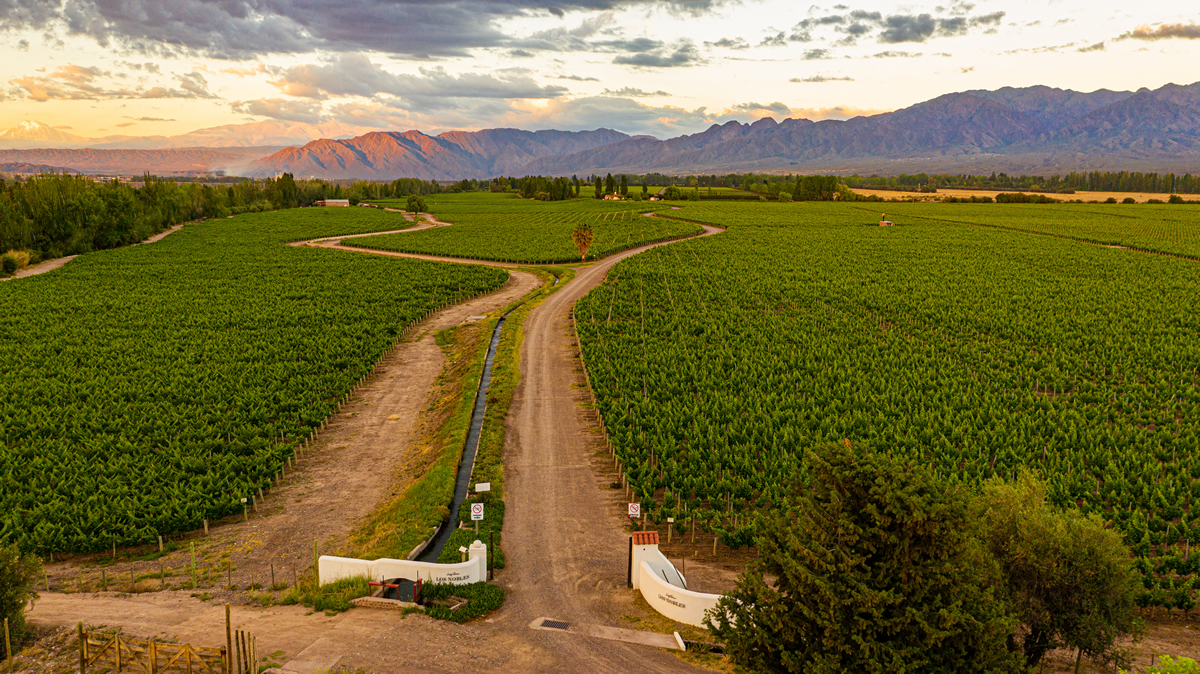
Los próximos objetivos en relación al cuidado de la energía y la reducción de emisiones son contar con fuentes de energía renovable que abastezcan el 20% del consumo energético total a fines de 2023, certificar la huella de carbono de la bodega en el año 2024 e instalar paneles solares fotovoltaicos en el periodo 2024/2025.
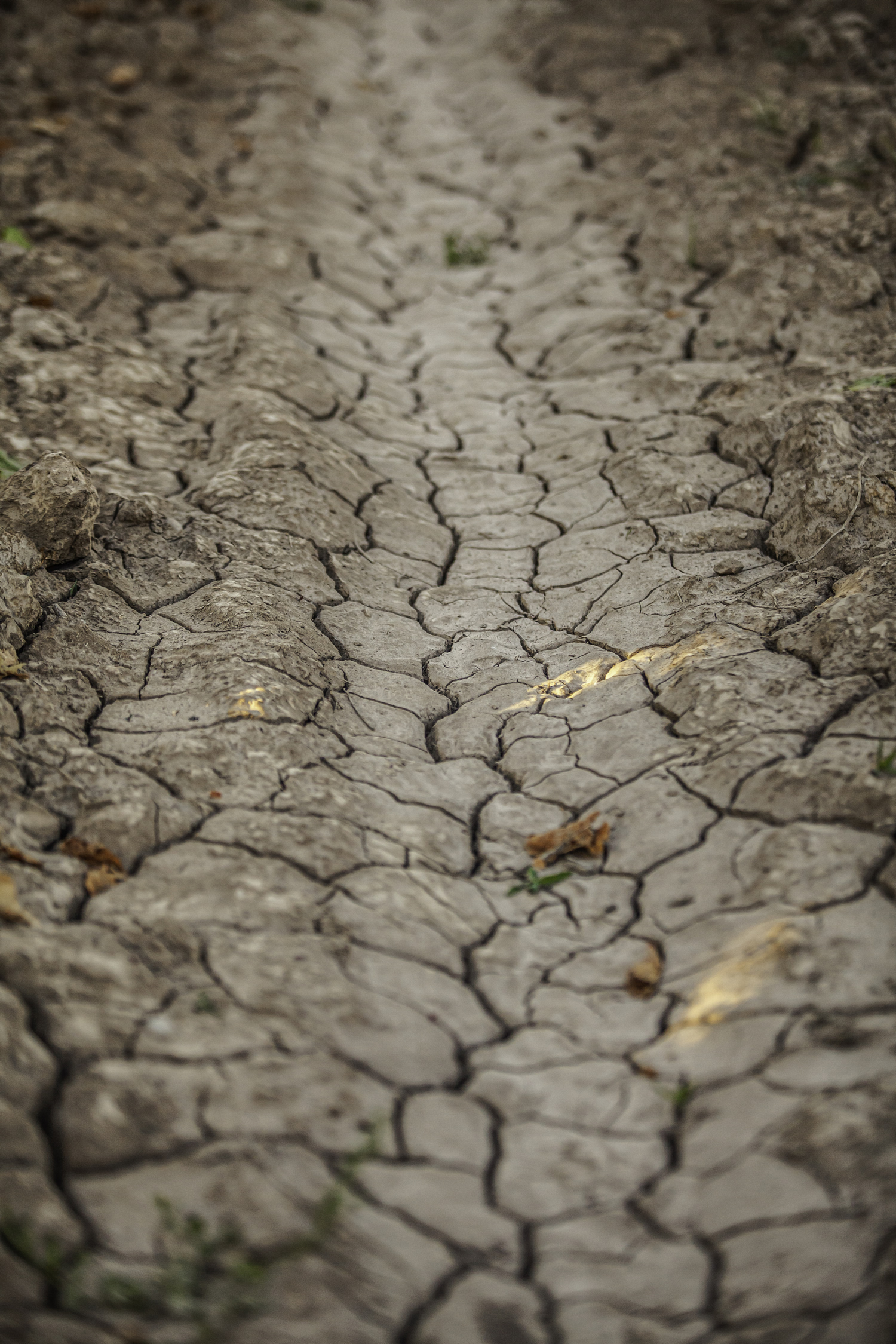
In this context of energy transition, Luigi Bosca strives to find lower consumption alternatives compared to the current ones with the incorporation of LED lights, solar panels, soft starters in the refrigeration systems, in addition to the incorporation of the Power Management energy management system, which allows for monitoring consumption by sector and implementing measures for a more efficient use. The next objectives in relation to energy conservation and emissions reduction involve having renewable energy sources supplying 20% of total energy consumption by the end of 2023, certifying the winery’s carbon footprint by 2024, and installing photovoltaic solar panels in the 2024/2025 period.
In addition, Luigi Bosca implemented a Circular Waste Management model in its winery, through which the waste generated is considered a valuable resource that re-enter the production system as raw materials, thus contributing directly to the reduction of greenhouse gas emissions. This way, unused (or broken) glass can be returned to the glassworks to be melted and transformed into new bottles, while cardboard and plastic (packaging and containers) can be transferred to recycling stations for the treatment of this waste. Nowadays, the winery recycles 95% of the waste it generates, while the main waste target for the end of 2023 is to achieve zero waste in landfills.
Luján Sustentable: Recognition for our daily work
Luigi Bosca was recently recognised by the Municipality of Luján de Cuyo with the Luján Sustentable 2023 Seal, a distinction granted to businesses, companies, enterprises, institutions and organisations located in Luján de Cuyo which adopt good environmental practices in their daily activities or whose areas of action contribute to the sustainability of the department.
Luján Sustentable is a plan that crosscuts every area of the Municipality of Luján, taking into account the three fundamental axes of sustainability: ecology, economy and society. We are proud to contribute to make our land more and more sustainable, so that future generations can continue to care for and take advantage of natural resources as we do today.
